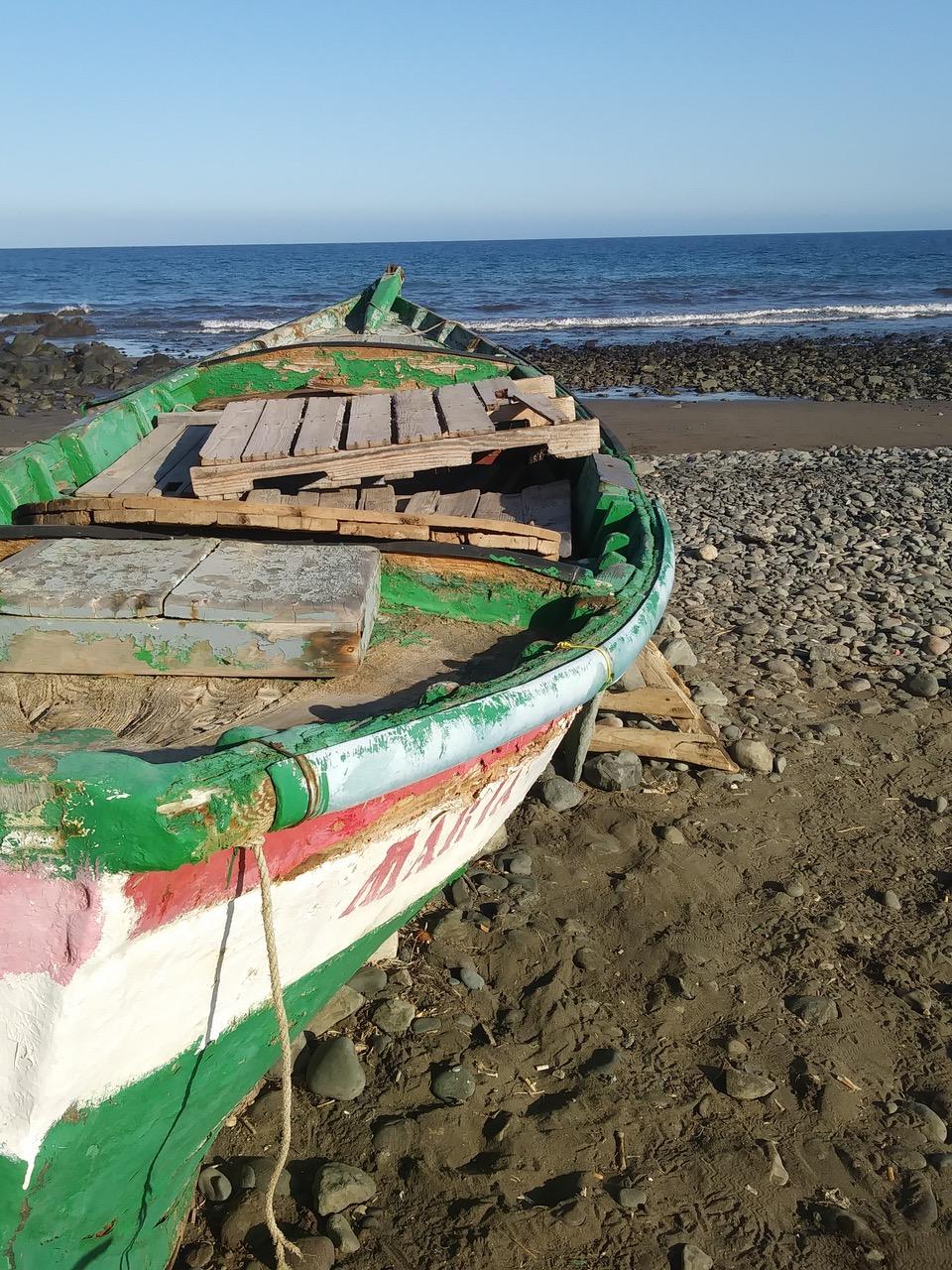The event, which will be held tomorrow in the Humanities Building of the ULPGC, aims to lay the foundations for a change towards a more participatory system, similar to the Catalan one, where decisions are taken collaboratively and have scientific backing
The fisheries management model in Gran Canaria will be debated tomorrow afternoon in the Humanities Building of the University of Las Palmas de Gran Canaria (ULPGC) at the Forum for Co-governance in Fisheries. The event, organised by the ECOAQUA Institute of the academic institution, will be attended by 72 experts in different fields of knowledge related to small-scale fishing carried out on the island, as well as the Director General of Fisheries of the Canary Islands Government, Esteban Reyes.
The main objective of this meeting is to analyse and debate the current problems of fisheries management in Gran Canaria, proposing solutions based on collaboration between fishermen, scientists and other key players in the sector. The conference will take place in Module C of the aforementioned building between 16:00 and 20:00.
The forum, which takes place within the framework of the research project called 'Co-management', supported by the Gran Canaria Island Council, is aimed at exploring the possibilities of adapting current fisheries legislation to a more participatory model of decision-making, and arises in a context where traditional models of fisheries management, generally imposed from the top down, have proven to be insufficient.
‘Current governance imposes rules that often do not correspond to the reality experienced by fishermen at sea. There are multiple indications that the fisheries management that has been carried out in recent decades in the Canary Islands has not managed to achieve a balance between economic benefits and sustainability of stocks, quite the contrary. There is evidence of significant losses in economic benefits, in the resilience of the social and cultural fabric dependent on fishing, and of the existence of serious ecological distortions that point to significant and irreversible changes in the biodiversity and productivity of the marine system’, says José Juan Castro, researcher with ECOAQUA's BIOCON Group and in charge of organising the event.
Catalan model
In the words of Castro, also president and coordinator of the commission on the Fisheries Forum of the Atlantic Society of Oceanographers, the event seeks to lay the foundations for a change towards a more participatory model, similar to the one successfully implemented in Catalonia.
A model, he stresses, ‘from the bottom up’ where ‘decisions are taken in a collaborative way through a system that makes it possible to avoid the pressures exerted on the political echelons by different interest groups, which hinder correct management, by placing value on the knowledge and experience of all fishermen, but always with the appropriate support and the different limits set by the best available science’.
This forum is also based on the ‘conviction that these shared management systems, supported by science, are absolutely necessary. The ULPGC believes that the Catalan example provides a new opportunity for this type of process by generating a legal framework that can be replicated and adapted to the reality of the archipelago. Currently, fishing regulations lack sufficient scientific backing, and this is something we want to change,’ adds Castro.
In this sense, one of the highlights of the day will be the intervention of Sergi Tudela Casanovas, former director general of Maritime Policy and Sustainable Fisheries of the Generalitat of Catalonia, who will share the experience of the Catalan model of co-governance. Implemented in 2018, this pioneering system allows fishermen and scientists to work together to define management measures that are directly applied by the administration, without political interference. This methodology has been key to achieving more sustainable management that is tailored to the real needs of the sector.

In addition to this intervention, the forum will offer round table discussions between various sectors involved on the evaluation of the state of governance in fisheries on the island of Gran Canaria, a presentation on indicators on the state of fishery resources on this island, as well as a space for a trial of multi-sectoral round tables, where participants will put into practice the identification of problems and the formulation of solutions and consensual decision-making.
‘We want to show that, despite tensions and differences, there is capacity in the sector to reach agreements. If we manage to establish priorities and work in a coordinated way, the co-governance model of Catalonia, adapted to the reality of the Islands, will be viable in the Canary Islands,’ concludes Castro, head of the Biology Department of the ULPGC.
The event will bring together more than 70 experts from different areas, from artisanal and recreational fishermen to fisheries and environmental technicians from the regional and island administrations, marine biologists, as well as experts in fisheries, oceanography, climate, fisheries economics, food security, psychology, sociology, anthropology, nautical-fisheries vocational training, NGOs, among other sectors.
This multidisciplinary approach is key to addressing the complex interactions affecting fisheries in Gran Canaria, such as environmental impacts, tourism pressure and economic difficulties. The results of the forum will be shared with the different public administrations involved and the stakeholders involved, in order to promote a real change in the management of fishing resources.


